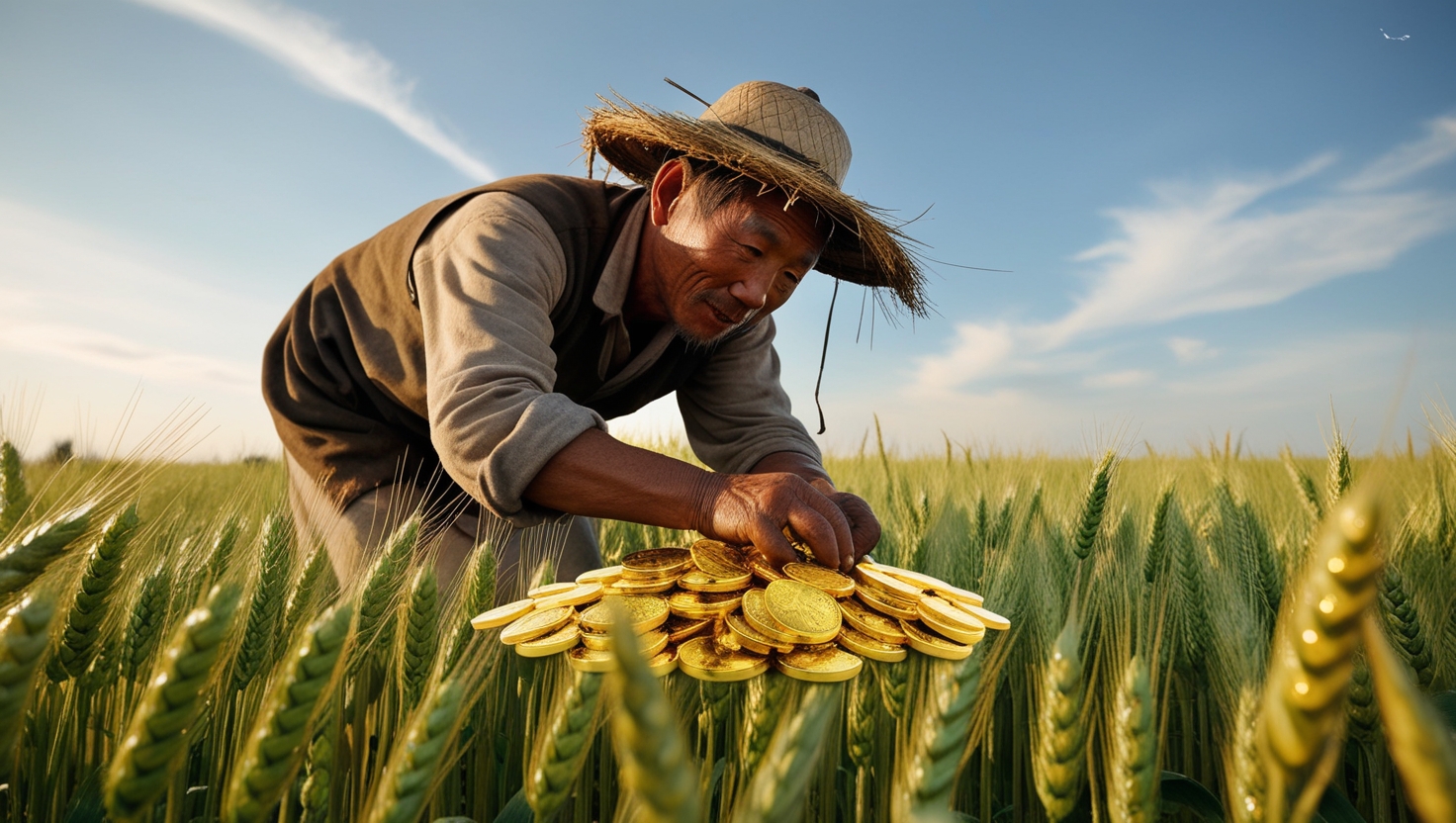Specialists from the legal company REVERA, Svetlana Gordey and Daria Savko, discussed what "gold farming" is and whether it can be legally combated.
Generated by AI (Leonardo.Ai)
Svetlana Gordey and Daria Savko
Gold farming in the context of video games is the process of accumulating in-game currency, valuable items, or other resources by repetitively performing similar tasks or completing quests. Players may engage in gold farming to speed up progress, acquire rare items, or simply make money from it. This often results in the sale or exchange of accounts for real money, potentially violating licensing agreements and terms of service, leading to account security issues.
Thus, gold farming is often conducted on illegal grounds.
What are the features of gold farming and how does it affect the gaming community?
This method of earning has become popular in online games where there is a demand for virtual assets, and players are willing to pay for them. Some players are willing to spend hours enjoying video games, while others want to get everything immediately, even if it means spending a large amount of money.
Let's look at the features of gold farming in video games:
- Objective: Harvesting game resources (users-executors spend a lot of time performing monotonous tasks, such as farming mobs);
- Objective: Selling resources (the obtained resources are then sold to other players through official or, more commonly, unofficial platforms where they can be exchanged for real money or in-game currency);
- Disruption of balance (widespread use of gold farming diminishes the incentive for players to complete the game as intended by the developers and can create unequal conditions among players);
- Labor-intensive (depending on the game and farming methods, gold farming can require a lot of time and effort, especially to achieve high income levels. Often, those involved in farming create multiple accounts, each rich in resources for future sales);
- User risks (in some cases, gold farming may involve deception, viruses, or fraud, which can negatively impact the gaming environment and player security).
Gold farming is a highly controversial topic in the gaming space. Its impact on gaming communities depends on various factors such as game rules, player motivations, and developer decisions.
Why can gold farming harm developers?
As mentioned earlier, gold farming is mostly an illegal practice that contravenes established developer rules. Many game developers prohibit buying in-game currency on third-party platforms or using other methods to gain an advantage that violates the terms of service or licensing agreements, as it disrupts the game balance and can ruin the gaming experience for other players.
Moreover, gold farming is often associated with account security breaches. Fraudsters might use gold farming to gain access to other players' accounts to steal valuable items or personal information, or even the account itself. In some cases, gold farming can violate intellectual property laws if players sell or buy in-game items acquired with real money without the owner's permission.
Gold farming is also economically disadvantageous for developers since the rapid accumulation of resources or rare items can lead to in-game currency inflation or price distortion for in-game goods, complicating gameplay and degrading the overall gaming experience.
Overall, gold farming can reduce players' interest in the game: the ability to easily achieve desired goals and access rare items leads to quick saturation and loss of interest in the gameplay, which subsequently reduces player activity and developers' revenue from the game.
Thus, gold farming can negatively affect game developers by creating imbalance, disrupting the game economy, and diminishing overall player interest in the game.
How can gold farming be considered labor exploitation?
Gold farming can be seen as a form of labor exploitation when players spend large amounts of time and effort performing repetitive tasks to accumulate game resources or currency. It can also involve forced labor through so-called "farming services" or "farming shops." These services offer players the chance to buy game currency, resources, or items for real money by employing other players who spend significant amounts of time farming resources or currency to sell them for real money.
In such cases, those involved in gold farming may face forced labor as they are required to spend considerable time and effort performing monotonous tasks to gather necessary resources or currency for resale. Sometimes, these individuals may face pressure from clients or companies for whom they work.
Additionally, in some cases, players engaged in gold farming may become victims of unfair practices from clients who may not pay them for their work or use their labor without proper compensation. In these situations, resource-gathering individuals may face exploitation and forced labor.
Therefore, gold farming in video games can have certain parallels with labor exploitation, as players may invest significant efforts and time in mechanical operations to achieve specific in-game goals. Developers should consider these aspects to ensure fair and healthy conditions for players and prevent labor exploitation in the gaming industry context.
How can you legally safeguard a video game from gold farming practices?
Protecting a game from gold farming is crucial for ensuring fair gameplay and a secure gaming environment. We suggest paying attention to the following ways to combat such illegal practices:
- inclusion in the terms of use of a direct prohibition on bot behavior, which may include repetitive actions throughout the gaming process and the creation of additional accounts for the same purposes. It may also include provisions in the terms of use granting the copyright holder the right to block or restrict access to accounts involved in such activities;
- implementation of technical measures within the game to protect against resource and currency farming, such as monitoring in-game actions, bot detection systems, anti-cheat systems, and other automated tools;
- conducting informational campaigns and educational events for users to prevent participation in gold farming and other prohibited practices;
- engaging the gaming community in the fight against gold farming to detect and prevent undesirable activities. Players can report suspicious behavior and help ensure a fair gaming environment;
- enhancing banking security measures, specifically by implementing two-factor authentication, to prevent unauthorized access to player accounts and reduce the risks of fraud;
- monitoring transactions, i.e., tracking in-game transactions and player behavior to identify suspicious activities related to gold farming.
Overall, protection against gold farming is an ongoing process that requires attention and effort from developers, but the right strategies and security measures can help mitigate the harm of such undesirable practices.


